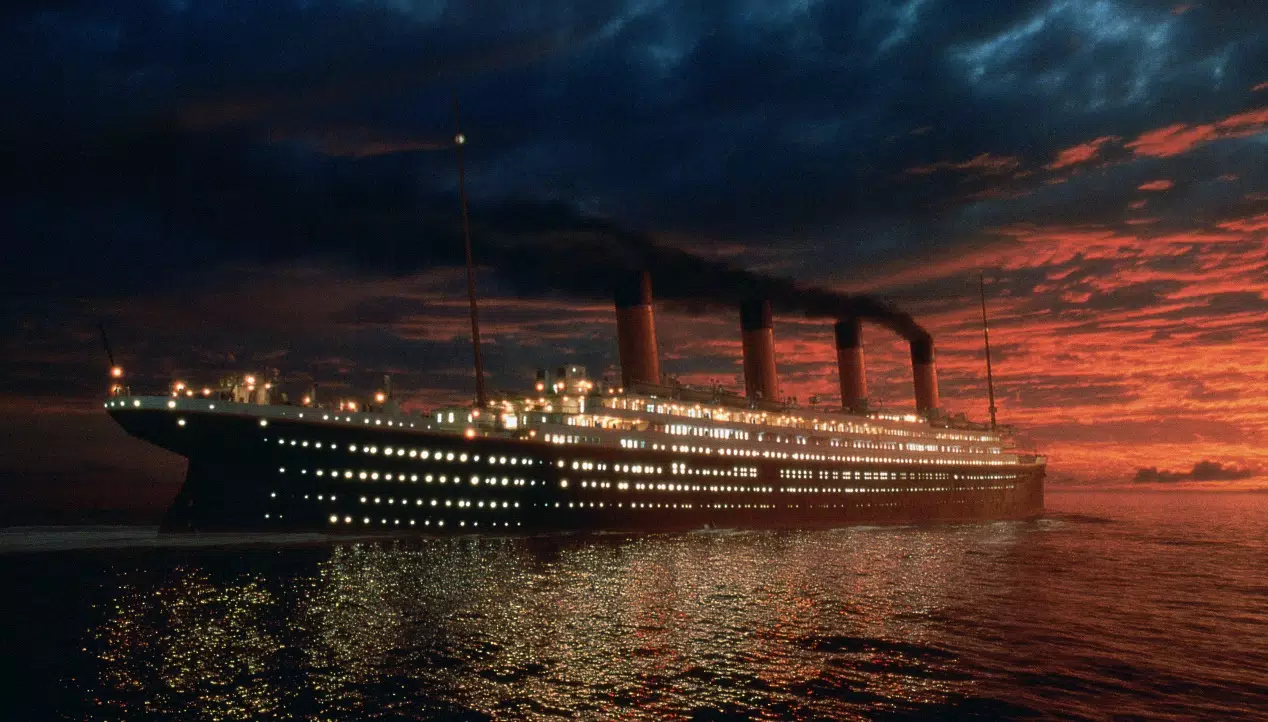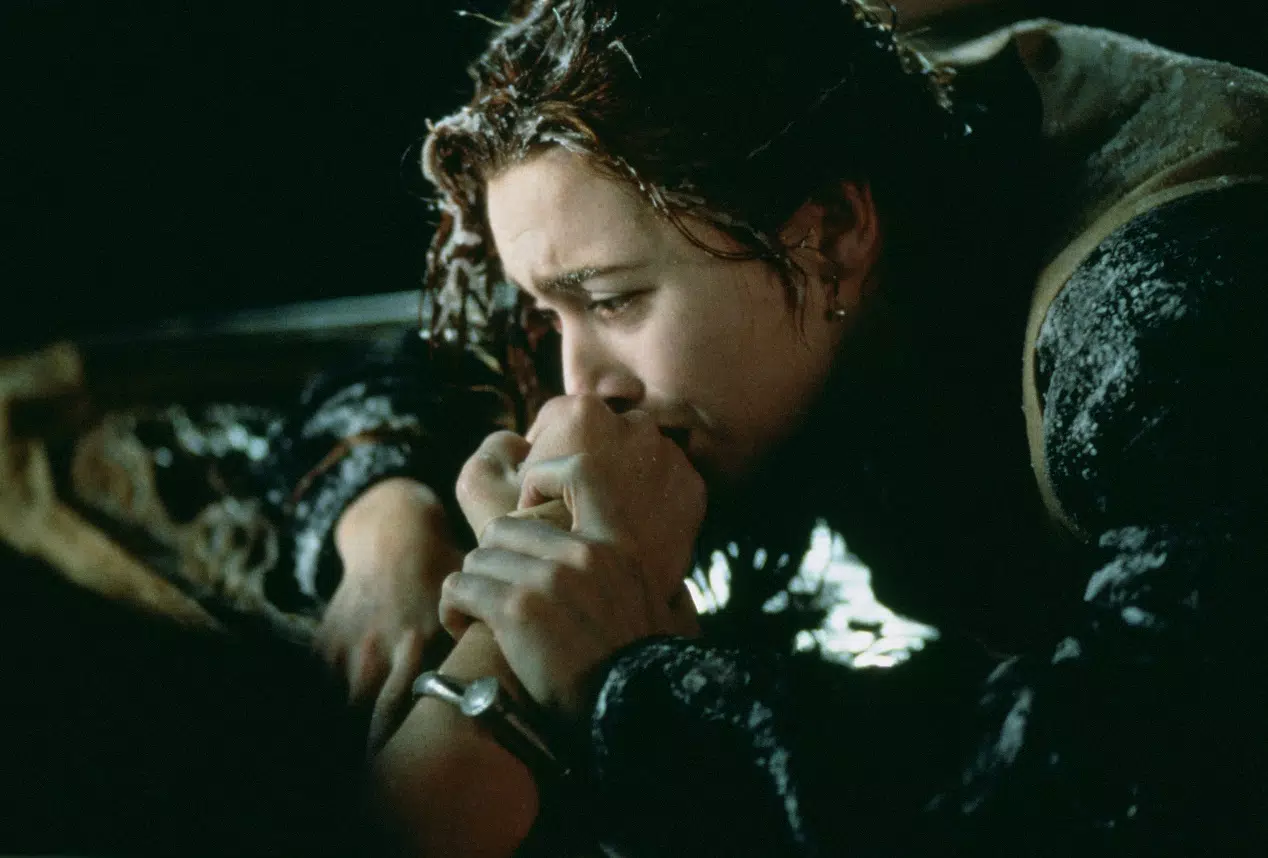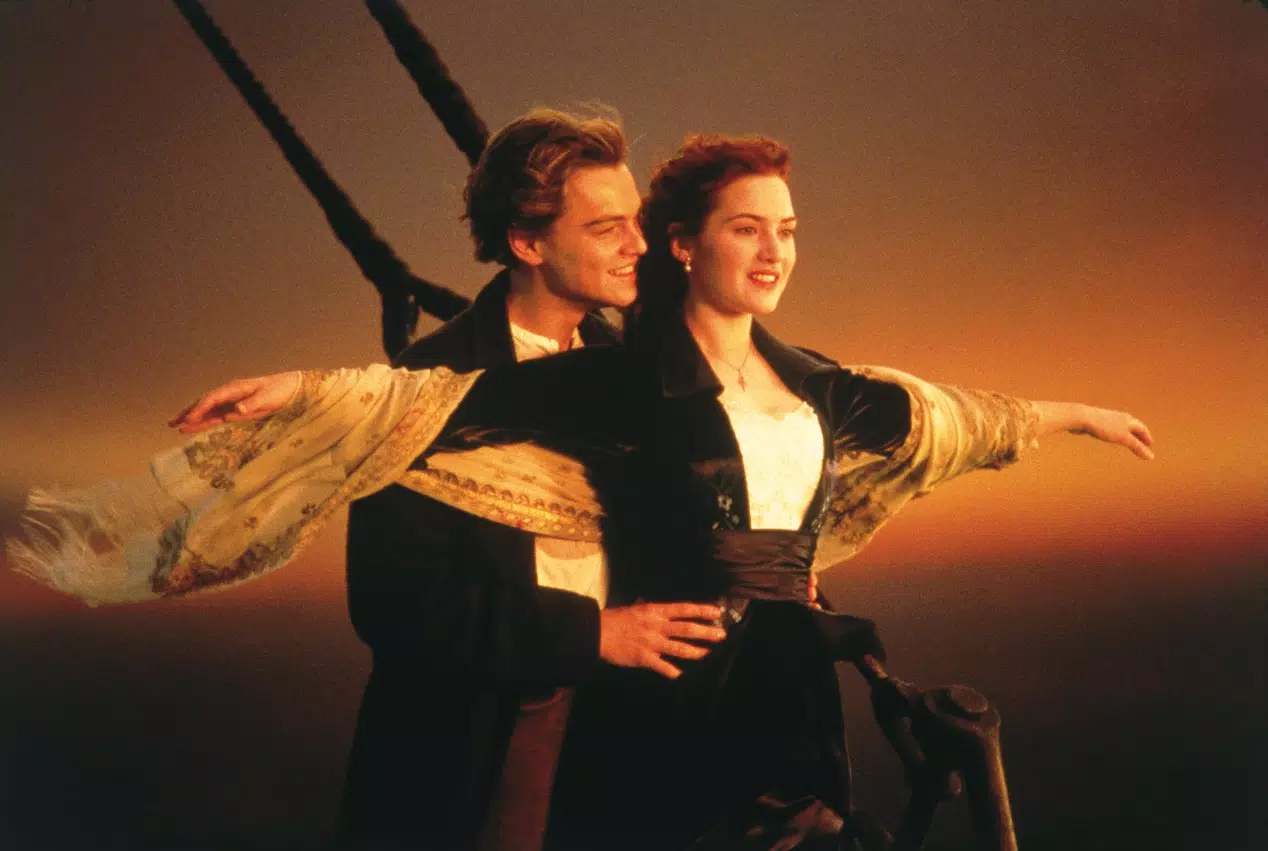The Underrated "Titanic"
"Titanic" won countless awards and was a massive box-office success. But if you ask a film critic to name the greatest movies, it rarely comes up.
Yes, I believe this film is underrated by critics.
Perhaps it's because of its widespread popularity, which may have provoked a certain sense of elitism among critics. They might think, "As a serious film critic, I should champion niche films. This one's too accessible—I can't enjoy what everyone else does."
Setting aside this possible bias, I would boldly declare that "Titanic" is the closest thing to a perfect film.
First, it's hard to find any real flaws in it.
Many classic films show their age when viewed through modern lens.
Take "Cinema Paradiso," for example. I noticed a bit of the director's narcissism sneaking in, which made me uncomfortable. This happens when the protagonist, Toto, returns to his hometown as a famous director, and his childhood friends look up to him, and even beautiful women ask for his autograph. It feels like Giuseppe Tornatore's personal fantasy.
Or consider "Gran Torino." One thing that bothers me is Clint Eastwood's tendency towards excessive heroism. Specifically, there's a scene where a girl is assaulted, leading the elderly protagonist to seek revenge on a gang. As a plot point, it's fine, but knowing Eastwood is both the star and director, it feels like he's indulging his own heroic fantasies.
Cinema is a tool for crafting dreams, and there's nothing wrong with using it to fulfill personal fantasies. However, the narcissism and heroism in these films, to me, reflect a bit of the directors' arrogance and outdated thinking.
These small issues are absent in "Titanic." On the contrary, I see plenty of James Cameron's introspection and critique of human nature.
For example, before the ship hits the iceberg, Rose warns the designer about the insufficient number of lifeboats. Instead of heeding this, the captain accelerates to reach the destination sooner, leading to the disaster. The sinking of the "unsinkable" ship is a reflection on human hubris. This reflection was relevant when the ship sank, relevant in 1997 when the film was released, and remains relevant today. It reminds me of how disasters are bound to repeat themselves. Before the COVID-19 pandemic, weren't people also a bit overconfident? Why does humanity keep repeating its mistakes?

Moreover, the patronizing arrogance of the nobles in the film are timeless. And the gap between the rich and the poor has only widened. The upper class is no longer just capitalists and politicians; it now includes internet influencers, celebrities, and investors. Society's development has only exacerbated these issues, making the classic line, "You jump, I jump," even more precious in today's increasingly fractious world.
The Underrated Line "You Jump. I Jump."
On the surface, it's just a simple, perhaps even clichéd line of romance. Like something a guy might say to impress a girl, only for it to turn out to be an empty promise.
But I was genuinely moved when Rose jumps back onto the sinking ship to save Jack, and so was I when she wades into the freezing water in a thin dress, scared yet determined to save him. From that moment, "You jump. I jump." became more than just a romantic line—it became a promise.
In today's digital age, everyone appears to have large social circles, but these are often shallow connections. People are reluctant to make promises, even to those they're closest to. Though I hate to admit it, most couples are like this too—they hold hands and share a bed, but are afraid to truly fall in love. "What if they leave me one day?" "I can't let myself get too attached, or I'll get hurt." Nowadays, not only do we distrust verbal promises, but we approach even written contracts with caution. Beneath all this hesitation and worry, we grow increasingly isolated.

This might be why this line resonates with me even more today. Jack and Rose genuinely strive to fulfill their promises to each other. It's not written in a contract but is deeply etched in their hearts.
If you dig deeper, "You jump. I jump." also embodies a vital quality: the pursuit of free will. In many relationships, partners are often dependent on each other, with one becoming the other's appendage. For instance, "Barbie" critiques the dependent relationship between Barbie and Ken, ultimately leading to their separation as friends, with neither being the other's accessory. While this is a positive message, I think Greta Gerwig's view of love is somewhat pessimistic. In some ways, "Barbie" suggests that true independence requires shedding a dependent romantic relationship.
But is there a way to maintain individual autonomy while still pursuing love? I believe Jack and Rose exemplify this.

"You jump. I jump." is the pursuit of love after achieving one's own autonomy. Rose isn't Jack's accessory; she's independent and free. The jump from the lifeboat doesn’t cost Rose her independence—it actually helps her attain it. Before this, Rose was bound by the constraints of high society, forced to marry someone she didn't love to save her family's fortune. Meanwhile, Cal treated her like a mere decoration because of his wealth. But by jumping out of the lifeboat, Rose also leaps out of her family’s control and gains her freedom.
This is why I shed tears of joy every time I reach the end of the movie and see the photos on Rose’s bedside. She became an actress, rode horses, and flew planes. It’s wonderful—she has truly lived a free and fulfilling life!
Catch you later for more movie musings!






Share your thoughts!
Be the first to start the conversation.